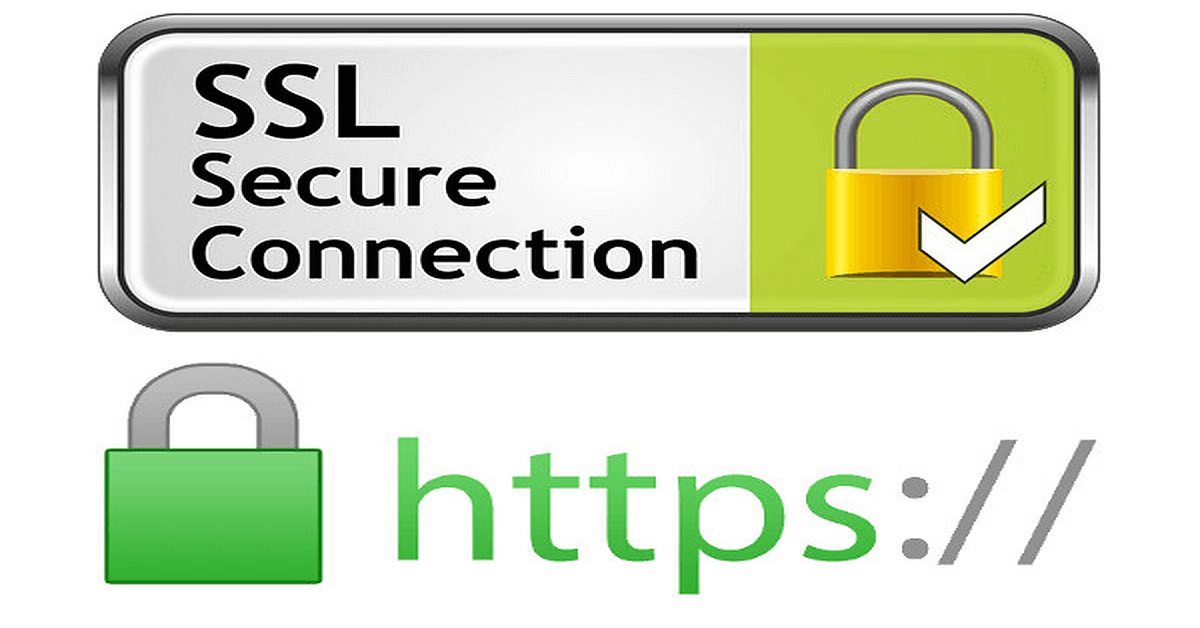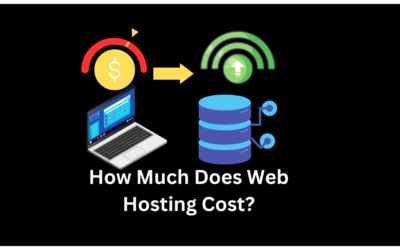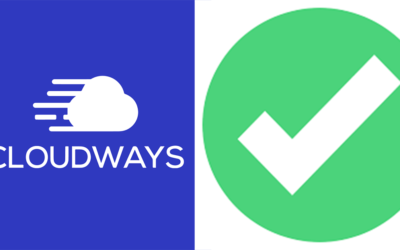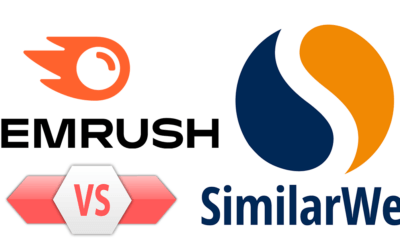If you have ever searched “What Is SSL Certificate?”. Let’s help you understand how it works and how you can get started using SSL to secure your website.
What Is SSL Certificate? Ultimate Guide for Newbies
SSL is a cryptographic protocol that is intended to ensure that correspondence over the internet remains confidential. The digitally signed SSL Certificate is a register for all of those internet sites. The certificate includes the issuer’s signature, serial number, expiry date, etc., in addition to the domain name.
An SSL certificate file should be mounted on the server to allow a protected link and safeguard important details. When SSL is finished, stable HTTPS or other SSL protocols such as FTPS, IMAPS, POP3S, SMTPS, NNTPS, LDAPS, etc., can allow you to access your service.
The Secure Sockets Layer (SSL) certificates quickly became online standards. Indeed, it is uncommon for people who use SSL and HTTPS to encrypt their details to be seen on common websites. However, SSL is important not only for protection, as it can affect the optimization of your search engine (SEO).
Luckily, it is not difficult to get an SSL certificate on your website. Nor is it configured. After doing so, your website will benefit from multiple advantages, and users will know that they can respect your website in order to keep their data protected.
Top 5 Benefits of SSL Certificate for Your Website
We will focus in this guide on the advantages of SSL certification and why SSL is essential for your web. What makes businesses achieve income and benefit from these SSL credential advantages?
1.Better SEO Rankings
HTTPS use is now for a while being factored into the equation in page rankings by popular google and other Search engines. It is impossible to determine how relevant this is, but it is not possible to hurt your SEO by using an SSL credential. In addition, certain browsers (e.g., Chrome) alert users about a website without or without a legitimate certification and don’t use HTTPS.
Many will disregard the alert, but many will not. This will lead to a considerable rise in the bounce rate, which negatively affects your SEO strategy. If you are asking if SSL is a ranking factor? In specific, Google is committed to promoting HTTPS use. But it would be an excellent time now if you don’t already have an SSL certificate. You can check our guide about the most common SEO myths experts have debunked.
How strongly a search engine performance rates on a website is critical for its progress. In 2014, Google announced it would continue to use HTTPS and SSL as a search criterion – and with so many domains using SSL, it is infrequent that a website would be highly qualified without a legitimate certificate (or at all). To protect the website, Google clearly promotes and condones SSL certificates.
2.Trusted Indicators
An SSL certificate also offers a trustworthy indicator for your website that allows visitors to ensure your site is safeguarded reliably. All SSL certificate firms support the padlock in the address bar and the HTTPS:// link, regardless of the form of validation.
Certification authorities have additional authentication signals on any SSL product – site seals, which can also be mounted on the website. There are customizable, static, and active security signs. The dynamic web seals and SSL certificates can display details on the domain name, institution, certificate authority, and configuration information (if you have one). Here are the top trusted indicators.
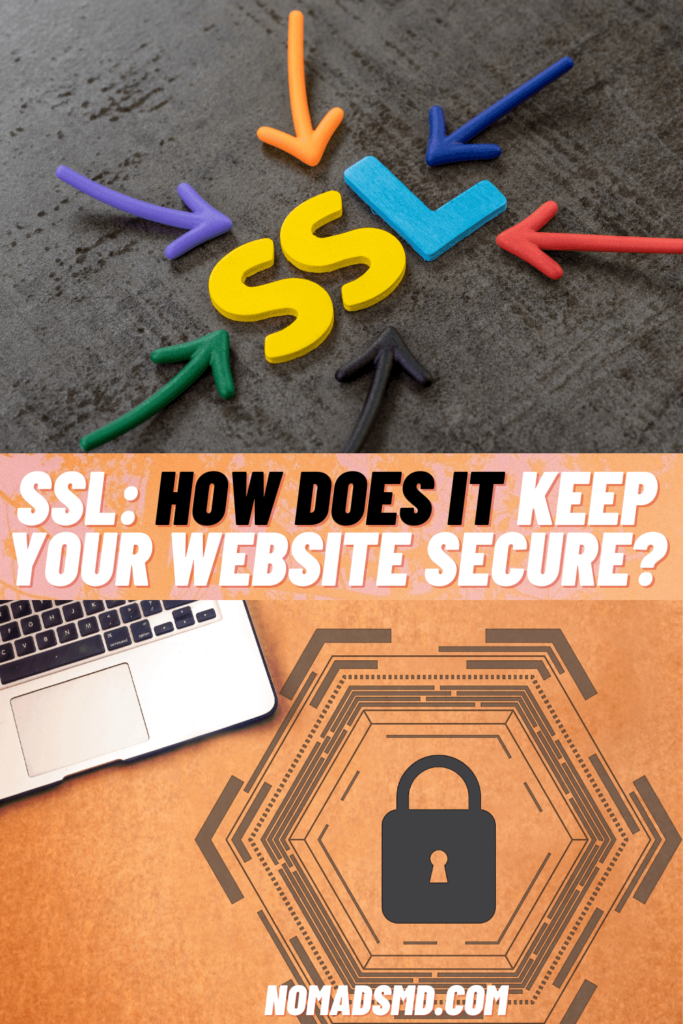
Domain Validation SSL Certificates
Trusted SSL certificate indicators should be HTTPS:// in the search box and padlock without alert messages or any security warnings (mandatory). These signs are seen in many web browsers for a domain validation SSL certificate. The SSL certificate of domain validation includes no personal or organizational details since, during the validation process, a Certificate Authority does not verify.
Organization Validation SSL Certificates
If the OV SSL credential is enabled successfully, it appears at first glance somewhat the same – HTTP:// in the address bar and the preload. However, the name and place of the organization, following the vetting process, are included in the SSL certificate:
The Accredited Authority offers dynamic site seals highlighting the business name and location. By tapping on the particular website seal icon on the homepage, the user will access and verify the business which has provided an SSL certificate.
Extended Validation SSL Certificates
This ensures that the company information is closely verified. Names, addresses, and phone numbers are shown in the certificate specifics in the address bar and the site seal. The EV SSL certificate offers the best degree of assurance.
3.PCI Compliance
You can accept payments in a variety of forms on your website. Although, even with the usage of third parties, both websites are not adopting sound protection standards in the handling of payments. For example, if you wish to conform to its rules Payment Card Industry (PCI) has a collection of requirements that you may have to follow. As you can expect, HTTPS is of very high quality on the list.
You ensure that the information goes back and forth and is encrypted by integrating HTTPS throughout your platform. This means that attackers cannot intercept payment information, account data, email data, etc.
Though the use of SSL and HTTPS is only one of the PCI conformity specifications, several of them remain. This is why many e-commerce sites move through payment providers from third parties, so it does not mean that you have to bother yourself with many criteria.
Nobody would dare to submit details on a credit card through a basic HTTP website. SSL certificates are also required for a company website to satisfy the PCI payment card industry’s security requirements. Company platforms cannot even conceive of making a good credit card purchase without using SSL. Using SSL makes visitors more confident about the domain and does safe shopping on the HTTPS platform.
4.Customer Trust
Customers are constantly mindful of protection. A reliable authentication system must ensure data security since many confidential information and details, such as bank credentials and private information, are shared on a cloud network.
By granting an SSL certificate and an SSL certificate, SSL accomplishes this feat. This server certificate enhances the service’s confidence level and helps the client verify that they are the person you claim to be.
Only the domain verification and organization validation certificate confirm the dependability of your company by ensuring your company’s existence and by confirming legal documents, which are validated by the domain verification certificate only. It guarantees that the site is authorized and is protected by showing the security mark “Green Bar” for online purchases.
5.Lower Cart Abandonment Ratios
SSL-protected websites show Internet users signals such as HTTPS and green padlocks, web-based synonym protection. The rate of cart abandonment in virtual shops is 83 percent, according to data on e-commerce. How many clients do you waste if you don’t go for SSL?
More than 80% of consumers use credit cards to pay for their orders placed, according to a PayPal survey in 2015. They assign the widespread adoption of credit or debit cards to the option of purchases without any interest, but the concept of protection is still connected with its use. We recommend creating an affiliate marketing program for your business to boost sales on a budget.
An operator must be approached to provide this service, and membership is created. However, it is connected with the use of SSL to provide payment via credit card sites. To maintain the fairness of online transactions, operators need this device.
What Are the Disadvantages of SSL Certificates?
Why wouldn’t anyone use SSL with so many advantages? Will the use of SSL certificates have some inconvenience? Price is a substantial downside. SSL providers have to construct and test a trustworthy system so that costs emerge. Since certain manufacturers are so popular, costs can be incredibly high. Here are some of the topmost issues with current SSL certificates.
Expiration Dates
SSL licenses must be renewed from time to time. If it is not renewed time by time, the SSL certificate will be shown, meaning the site will no longer be protected. The customers will then lose interest in carrying out purchases.
Expensive
It can be very costly to purchase and establish an SSL certificate, primarily because of the repair and monitoring procedures involved. Any hosting companies also offer free SSL certificates, but it is not widely implemented for different reasons. Depending on the form of credential, the costs can differ from the identity check standard to the number of areas and subdomains protected by the certificate.
Caching Issues
If the caching scheme built in the web browser is complicated, encrypted content would have a caching issue. A server that takes care of the encryption before accessing the caching database can be added to tackle this encryption. Therefore, all visitor information is well-coded when they visit the site.
Protocol Issues
If the SSL certificate is not correctly enforced, HTTP files to be served are served. Therefore, tourists will be given a security warning that their data is not safe.
Incompatibility Issues
SSL certificate was designed for web-based applications in its initial steps, and anything else needs components to be ordered from device suppliers. In addition, the configuration process here is not easy; improvements to the in-house program are also required.
What Is the Difference Between TLS and SSL?
Do you want your data to be unprotected and unsafe on the internet? If not, you should be happy to know that encryption protocols are used to protect your identity and data online. You must have often asked yourself, “What is TLS?” The short answer is that TLS and SSL are both cryptographic protocols that serve the purpose of encrypting and protecting your data in the digital world.
The first version of the Secure Sockets Layer (SSL) protocol was developed in 1995 by Netscape. However, security flaws continued onto the three versions, SSL 3.0.
If you think, “What is TLS?” you should know that it stands for Transport Layer Security. The first version of the Transport Layer Security (TLS) protocol was released in 1999. It was developed to mitigate the risks associated with SSL, and however, it also had a lot of security issues initially.
These protocols have come a long way, and today, we have the best and the most secure protocols of the modern era. The vulnerabilities are still there, but it is harder to break through these protocols. Let’s look at some of the top differences between the two.
SSL FAQs
Let’s answer the most questions about SSL certificates and how to install them on your website the right way.
How Does A SSL Certificate Create a Secure Connection?
In an attempt at a website to reach a site protected by SSL, an SSL connection is created by the browser and the web server using the “SSL Handshake” process. The SSL Handshake is transparent to the recipient and arises automatically. The SSL link is based on public, private, and session keys. Something secured by a public key can be authenticated only with a digital signature.
Since it takes a lot of computing power for the SSL Handshake to encrypt and decrypt using private and public keys, the asymmetrical session key is only generated. The session key is to encrypt and decrypt all exchanged data after the secure connection is made.

The browser is linked to a protected SSL web server (website) (HTTPS). The server allows the browser to log in. A duplicate of the SSL certificate is submitted, including the domain’s public key.
Browser scans the certificate origin for a registry of trustworthy CAs, which is unexpired, unrevoked, the certificate and its generic name for the site on which the certificate is connected. The asymmetric session key is created, encrypted, and sent using the public key when a browser depends on the certificate.
The server decrypts the symmetric digital certificate with a private key and returns an encrypted session key to begin the encrypted session. All exchanged data is currently encoded with the session key by the server and browser.
How Much Does an SSL Certificate Cost?
There are different prices for different providers. However, in general, DV SSL certificates cost as low as $7.27 per year. The OV SSL certificates start from $28.44/year. Lastly, you can get the EV SSL certificates for only $74.99/year. We recommend buying five years SSL certificate to enjoy better discounts and save bucks that you can spend on your website content or more security services.
Namecheap offers the best SSL certificates at your disposal. If you want to protect your website and simultaneously increase your online authenticity, Namecheap can offer various affordable options for you. You can choose the best one and move forward with heightened credibility and security.
When Does an SSL Certificate Expire, and What Is the Best Time to Renew It?
Professionals recommend 90 days for renewing your SSL certificate. You should renew your certificate at least 90 days before the actual expiration date. It will give you ample time to renew it, handle any issues, and keep your website running smoothly. Moreover, any SSL certificate has a maximum of 27 months as per law.
Why Shouldn’t You Rely On Cheap SSL Certificates?
Free or cheap SSL certificates may offer a similar encryption level as paid ones, but it is not reliable. These SSL certificates may go out of business, leaving your website unprotected. Moreover, many cheap SSL certificate providers rarely offer excellent customer support. So, you will have to take care of everything by yourself.
Moreover, the underlying associated procedures also differ from the paid ones. You will have no control over revocation, information propagation, or any other legal guarantees. So, going for a cheap SSL certificate may ruin the image of your business.
What Do We Have to Say?
Do you want to spill your financial documents or personal details all over the internet? No. The users’ needs are equal, and you expect to defend it at all costs if they trust you with their import. Setting up your website with an SSL certificate will benefit you.
The main advantage of an SSL certificate, among other aspects, is that it preserves data by encryption and protects consumer and visitor privacy. It nevertheless increases the complete experience of your customer with your website.
In short, it is fantastic that SSL Certificates are enabled for your companies or personal websites, and specific web hosting companies have made it easy and rapid to enable them. Don’t skip leveraging the HTTPS revolution in full. Add an extra authentication layer to the website users and win their confidence.

